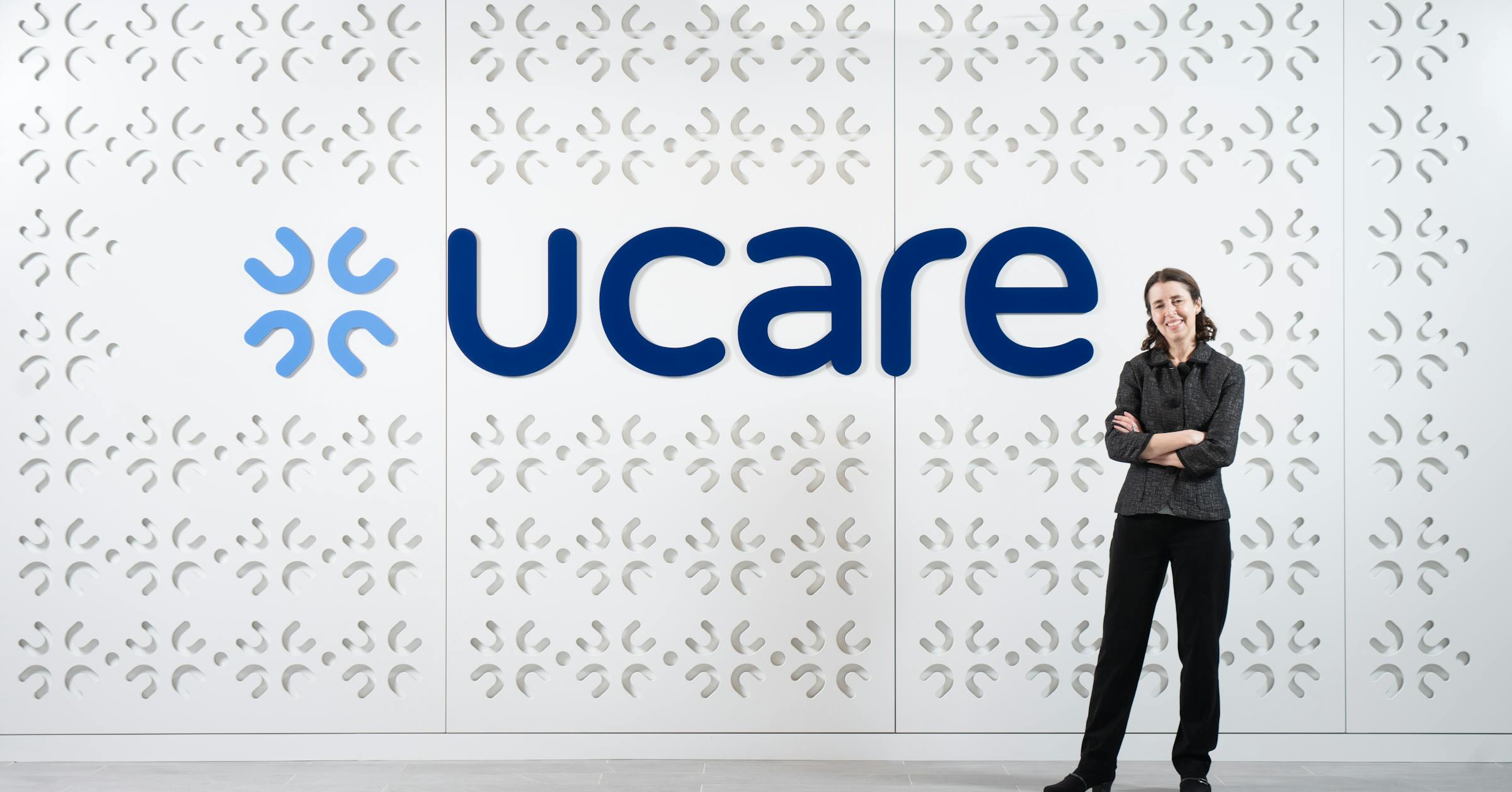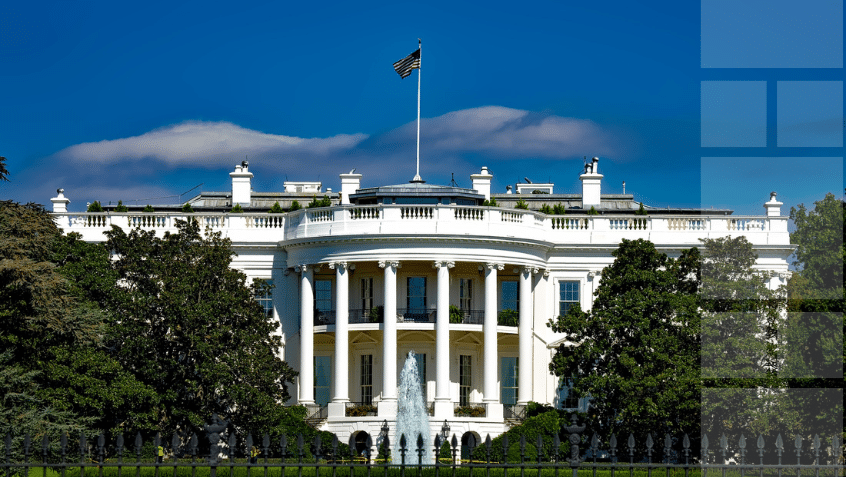Medicare Maze: UCare's Exit Leaves Minnesota Seniors Scrambling for Coverage

In a significant shift for Minnesota's healthcare landscape, UCare has announced it will withdraw from the Medicare Advantage market in 2026. Currently serving 26% of the state's Medicare Advantage enrollees, the health insurance provider cited challenging market conditions as the primary reason for its exit.
The decision highlights growing pressures facing health insurers in the Medicare Advantage sector. Other insurance companies are encountering similar obstacles, signaling potential broader changes in the privatized Medicare insurance market. This development could have substantial implications for seniors and healthcare consumers who rely on these alternative Medicare plans.
UCare's withdrawal underscores the complex and evolving nature of healthcare insurance, particularly in the Medicare Advantage segment. As the industry continues to navigate financial and regulatory challenges, enrollees may need to explore alternative coverage options in the coming years.








